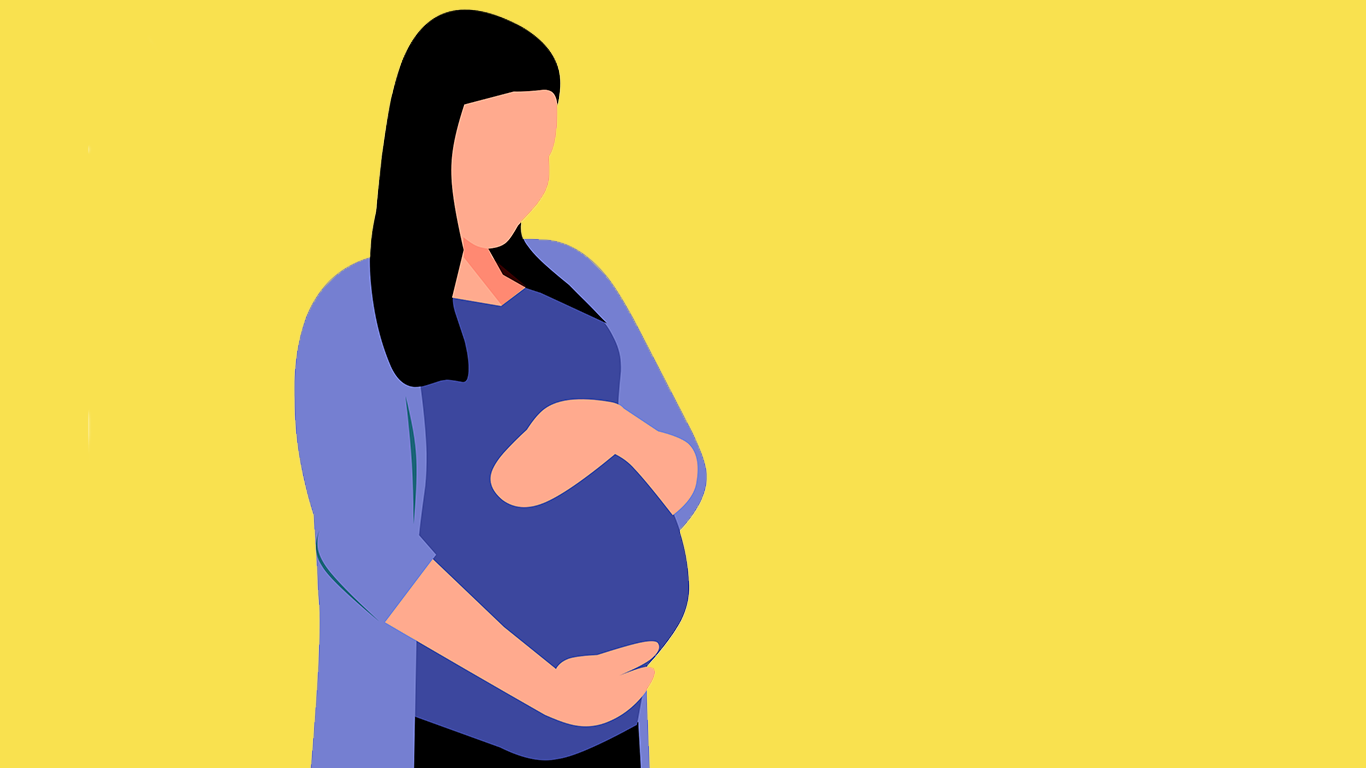To Sign or Not to Sign: Now Choose Life Constitutional Amendment

To Sign or not to Sign: Now Choose Life Constitutional Amendment
On May 2, a third abortion-related initiative was submitted to the Nebraska Secretary of State. VIP has already covered two abortion petitions—one that would establish a fundamental right to abortion in Nebraska, and one that would protect unborn children from abortion in the second and third trimesters, while allowing the possibility for further abortion restrictions to be passed by the Nebraska legislature in the future.
The third petition, Now Choose Life, would result in abortions being banned across Nebraska. Its object is to “amend the Nebraska Constitution to recognize the personhood of preborn children.” Its language states the following:
“Article 1 of the Constitution of Nebraska shall be amended by adding a new section 31 as shown:
I-31 A preborn child at every stage of development is a person. Wherever under Nebraska law the term “person” is used or implied, it shall include such a child.”
This amendment would outlaw abortion because the Nebraska Constitution begins by laying out the rights of persons: “All persons are by nature free and independent, and have certain inherent and inalienable rights; among these are life, liberty, the pursuit of happiness...”
If preborn children are recognized as persons, they have a right to life and may not have their lives intentionally taken by abortion.
VIP posed the following questions to Rose Kohl, the sponsor of the Now Choose Life petition.
-
How does the petition view the rights of women? Both of the other amendments recognize challenges women face, particularly health challenges, but your petition does not.
-
Women are persons. Under this amendment, both women and preborn children have the right to life. If a pregnant woman has a health problem that threatens her life before the preborn child is viable, her condition would be treated even if the treatment means that the preborn child will not survive. Treating a mother’s condition is not the same thing as performing an abortion to intentionally kill the child. After viability, if a woman’s health is at risk, doctors would try to save both lives by delivering the child and treating both the mother and child. In either case, the mother’s health is safeguarded without the need for abortion.
-
Could women be legally punished for having an abortion?
-
Many people could be seen as having responsibility for an abortion: the mother, anyone who supported or coerced the mother, the abortionist, and anyone helping the abortionist. If this amendment passes, the legislature will have to determine the punishment for the taking of a preborn child’s life. Kohl projects that the legislature might reduce or eliminate a woman’s culpability, especially if they were coerced, or did not understand that the preborn child was a person. However, she acknowledged the possibility that the legislature might not allow for such distinctions. If they do not, anyone involved with the abortion, including the woman, could be held legally responsible for taking a life.
Kohl also addressed the issue of why, for the sponsors of Choose Life Now, legal restrictions on abortion are not enough. In her eyes, legal restrictions on abortion take away rights from some pre-born children. Those believing in the personhood of the preborn child ask questions like these:
-
Why does a preborn child conceived in rape or incest have fewer rights than a preborn child who is not?
-
Why does a preborn child at 12 weeks’ gestation have fewer rights than a preborn child at 13 weeks (or whichever time frame a law gives)?
-
Ultimately—what reason can justify the intentional killing of an innocent person?
For voters who do not see the preborn child as a person, or who believe that the preborn child attains personhood at a certain stage (for example, when they can feel pain or when they are viable), these questions are less relevant. Such voters may prefer the approach of legal restrictions as laid out in one of the other two petitions. Voters who see abortion as part of women’s health also might be more interested in one of the other two petitions.
Other voters may agree that the preborn child is a person, but may not believe it is possible to ban abortion immediately. They believe it is more feasible to use abortion restrictions as steps toward eliminating abortion in the future. Such voters are likely to prefer the Protect Woman and Children petition.
In contrast, Now Choose Life could be an appealing option for those who do not believe in an incremental approach, and seek an immediate end to abortion.
Further questions remain about how the Now Choose Life amendment would affect the concerns of abortion supporters. Should the petition be put on the ballot, VIP will follow up with Now Choose Life to get their response to these concerns.
For more information, voters can visit the petition’s web page: http://chooselifenow.net/ .
Research and writing by Vickie Hecker. Vickie is a state employee, but her postings on this site do not speak for the views of the state, its customers, clients, suppliers, or employees. Any links to state sites are provided for informational purposes only.
